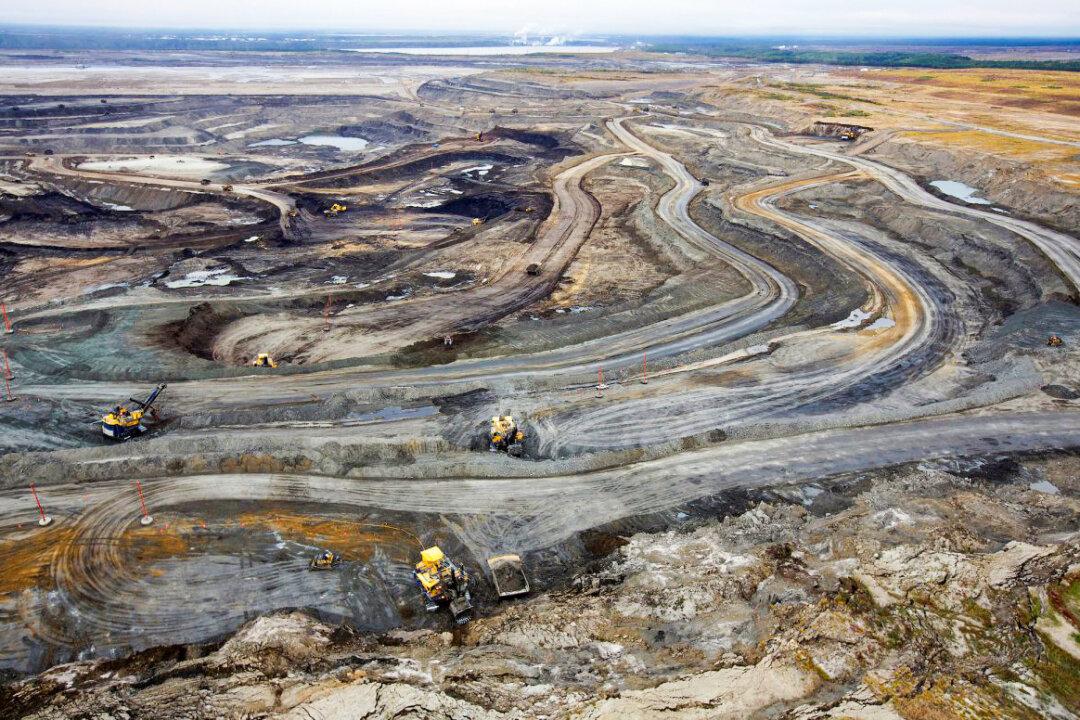The five largest Canadian banks have doubled their funding for oil sands production and related projects in Canada to $16.8 billion last year, amid a global energy shortage, according a April 11 report by the Financial Times.
This is despite the five leading Canadian banks’ agreement last year to join the U.N.’s Net-Zero Banking Alliance, led by Mark Carney, a former governor of the Bank of Canada and the Bank of England, in favor of eliminating greenhouse emissions by 2050, by implementing green friendly policies into their operations and investment portfolios.





